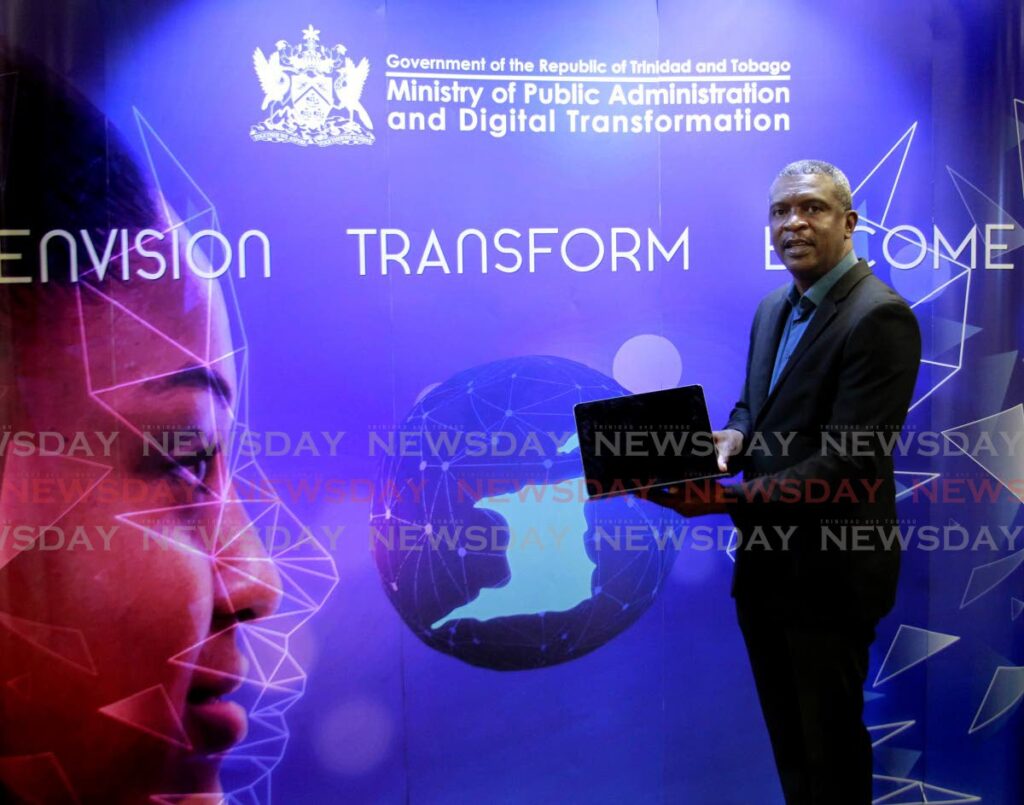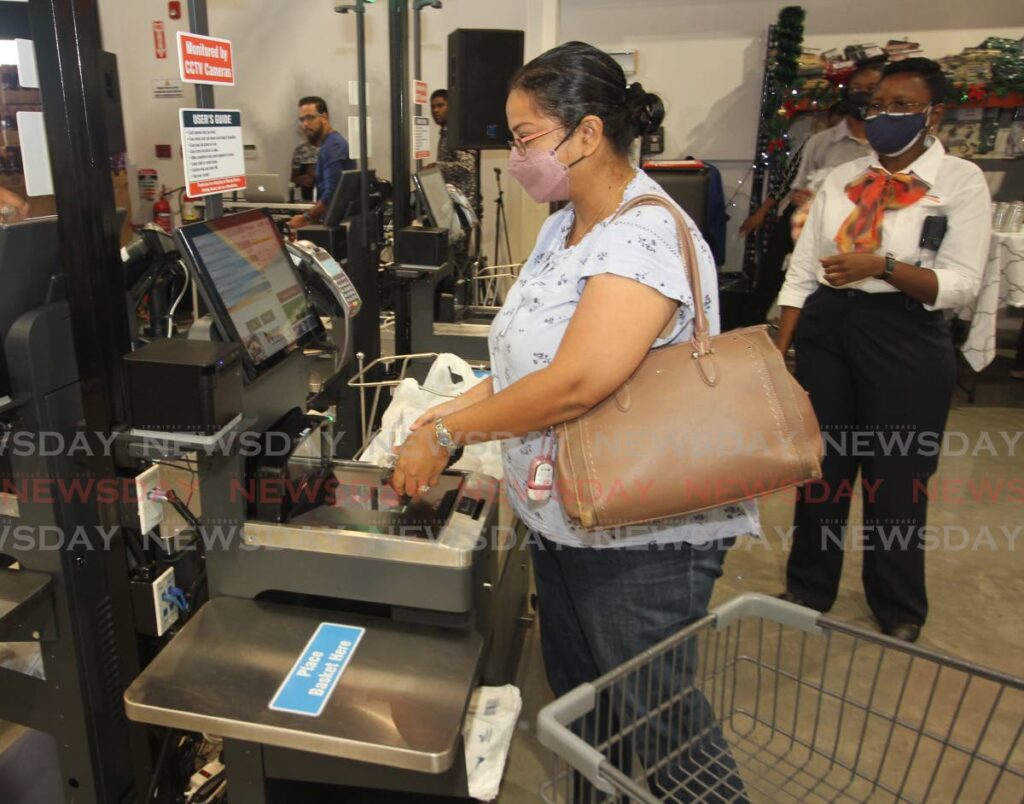The urgency of digital transformation

It is evident that the period of the covid19 pandemic of 2020-2022 has forced our local businesses to play catch up to many first-world trends. During the lockdown many ministries and businesses were forced to use more electronic platforms to make appointments, payments, place orders, tender and conduct meetings etc.
I recently went into a large supermarket chain and went through the self-checkout, the first of its kind in Trinidad and it worked well. While, as far as we know, this technology has been used in the US from as early as the 2000s, however, this has only been recently adopted here as much as two decades later. Retailers in the US have been utilising customer-friendly digital systems such as e-commerce, self-check out, self-scanning, q-commerce and frictionless retail as options available to customers to choose from in order to make their purchases. Many of these companies are now looking at ways for more business opportunities in the Metaverse.
These current advancements in different types of retail transactions also help to overcome the language barriers as most retail checkout systems have multiple language options. Also, it can be argued that a cashless system or one that reduces the need to carry cash, can act to reduce some levels of crime.
Amazon now has 25 frictionless retail outlets in the US and 17 in London. This not only reduces the need for floor or counter staff but probably more importantly, clearly requires new skill sets for employees retained in these retail outlets. So, instead of cashiers, packers, floor attendants and security officers, these business models now require new types of team members suitable for camera-surveillance monitoring, with advanced digital know-how and certification, with IT technology proficiency, artificial intelligence qualifications and online security systems expertise etc. The shift in business focus would now be more towards the prevention of hackers and ransomware infiltration and the monitoring of the AI technology. This is the future of retail and although we may have to wait another 25 years to get a fully self-scanning store to get there, we must.
With respect to the changes in staffing, Peter Drucker in Innovation and Entrepreneurship advised that, “The essence of economic activity is the commitment of present resources to future expectations, and that means to uncertainty and risks.” We therefore need to train, develop and prepare our human capital for the continued evolution of future businesses. And this effort must be on a nationwide scale. We would therefore need a national and committed outlook on future trends and prepare our nation for the evolving and systematic development and progress of innovation. A good example of this would be something like what India did in the 90s with their call centres and telemarketing industries.

There will indeed be multiple spin-off benefits from any such national developmental strategy apart from the obvious. It would mean a refocusing of our entire educational system at a minimum from the primary-school level. In this sense, we would not only be preparing for projected needs like transitioning from cashier services to IT and IT security services, but we will also be laying the foundation for a future digital industry. One that can transform our economy enabling us to supply digital services within the Caribbean region, offering app development, online security services and digital coding services etc.
The good news is that we now have a Ministry of Digital Transformation with a capacity building core value that aims to transform the society by “identifying and developing the right skills, abilities and competencies within government and society at large to facilitate meaningful contributions.”
Now I have an issue with this core value as written as it seems as if the development of digital skills and competencies is not targeted to create the emergence of a digitally transformed society but rather to merely facilitate meaningful contributions, whatever that means. Capacity building is indeed a must-have core value for a ministry such as this, particularly as it is charged with such a strategic national mandate. The ministry therefore cannot afford to communicate its goals, vision and values as loosely as this, there is just too much at stake. Such a core value as capacity building can only be meaningful in the context of transformation if it is intended to achieve a targeted level of national digital literacy within an established timeframe.
Notwithstanding this short-sightedness, the ministry also aims to strengthen the legislative framework needed to protect citizens’ rights and privacy, as well as re-establish TT as the local and regional model for digital transformation. On paper (its website) shows its much-needed lofty goals, that are required for the future. We can only hope that those goals are not held up too much by bureaucracy and can be implemented in a timely and efficient manner.
For so many years we have been talking about transforming our economy. I do believe that with Guyana now fast becoming the leader in the oil and gas industry within the Caribbean, it is now a more urgent imperative to diversify our economy with the Ministry of Digital Transformation playing a transformative role.
We are unsure about what lies ahead for 2023 particularly with this new strain of covid19 in China and how this will affect the rest of the world. We have been, however, on the right path with respect to the need for digital transformation. Although we must face the reality that the process is still too slow, at least we can see some progress.

Comments
"The urgency of digital transformation"